Sergei Guriev: ‘Swiss oil traders will be crucial for upcoming embargoes’
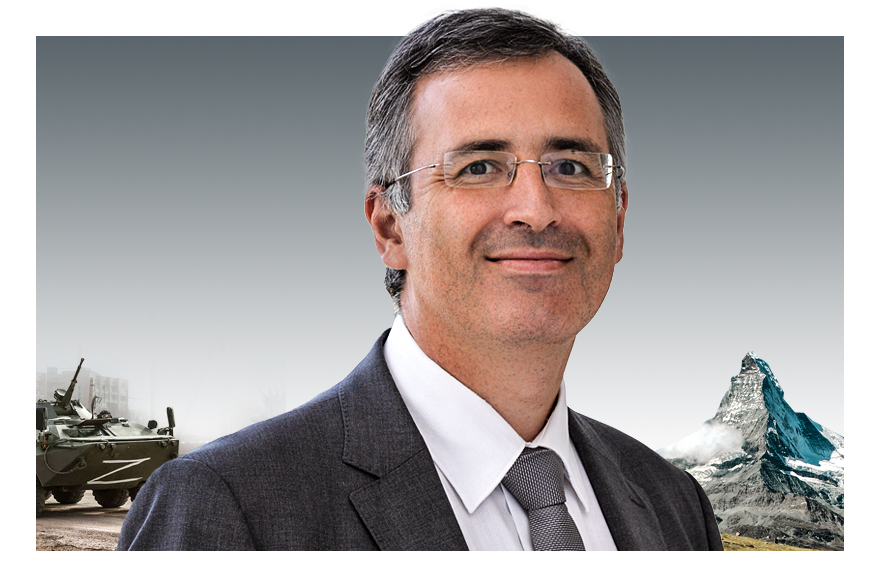
How effective are Western sanctions against Russia? What role does Switzerland play in the war against Ukraine? We put these questions to President Vladimir Putin’s harshest critics. Our series continues with economist Sergei Guriev.
Switzerland plays an important role as a traditional safe haven for Russian assets and a trading hub for Russian commodities. It must not hide behind its neutrality but should actively help to ensure that the Russian war regime runs out of resources. That is the consensus among all the opinion leaders in the Russian opposition to whom SWI swissinfo.ch spoke.
For this interview series, we contacted the most relevant voices currently speaking up against the Kremlin. Most of them had to leave the country because of their vocal opposition. Putin opponent and former chess champion Garry Kasparov now lives in Croatia and the USA; entrepreneur Leonid Nevzlin fled to Israel; economist Sergei Guriev moved to France; and economist Sergey Aleksashenko lives in Washington. Opposition politician Vladimir Kara-Murza has been in Russian custody since April this year.
Sergei Guriev is provost and professor of Economics at Sciences Po in Paris, after serving as Rector of the New Economic School in Moscow from 2004 to 2014. He has been a board member of several Russian banks and companies. He is also the leader of the Research and Policy Network on Populism at the Centre for Economic Policy Research, London.
Guriev left Russia in 2013 after a “frightening and humiliating interrogation” when government investigators searched his office and secured his emails going back five years owing to his activities in a panel of economic experts who critically assessed Russia’s position in the Yukos case.
SWI: Mr Guriev, did the Western sanctions work the way you expected?
Sergei Guriev: The main idea behind the sanctions was to influence Putin’s goals, to make him understand that such a war is too costly and too dangerous for him. We have seen that he wasn’t going to change his objectives, and the idea behind the sanctions has changed accordingly: to deprive Putin of the resources he needs to continue the war. This means depriving him of the possibility to produce new weapons and recruit soldiers, and in that sense, sanctions have already been successful.
SWI: But Putin’s war machine is still running. Was it enough?
S.G.: New sanctions to be adopted in December, January, and February – such as an embargo on exports of Russian oil to Europe and a price cap on remaining oil sales – will further cut Putin’s possibility of continuing the war. He will still want to continue the war against Ukraine, but he will have less money, fewer tanks, fewer planes. In that regard, it is crucial to maintain unity in the West, because any loophole, however small, will be used by Putin.
SWI: How do you see the role of Switzerland in the Western efforts to stop Putin’s war?
S.G.: Switzerland plays a crucial role. It is a country that has modern technologies and banks that could be used to help Putin circumvent sanctions in order to buy modern technology abroad. When an embargo on trading Russian oil will be introduced, an important role will have to be played by Swiss traders. It is thus totally right for Switzerland to join sanctions since the very beginning, despite its neutral status. It was very important and will help stop the war faster.
SWI: Russian authorities do not see Switzerland as a neutral mediator anymore. They say Bern has chosen its side in the war. Would it be better to maintain neutrality or to join the Western alliance?
S.G.: Switzerland has indeed chosen a side in this war, and it is the side of the good, and this is totally right. We are not in the 1940s when Switzerland kept its neutrality and in many ways contributed to Germany’s efforts to circumvent sanctions imposed by other Western countries. Obviously Switzerland needs to join the Western alliance, because the survival of Europe is now at stake. If Putin is not stopped in eastern Ukraine, the western part of the country will follow, and after that other eastern European countries. Putin has nuclear weapons and will continue blackmailing the world with this. For that reason it is essential to make him understand that the whole of the West is united in its position, including Switzerland and non-Western developed countries such as Japan, Singapore, Australia and South Korea.
Even India and China align in a way, refusing to sell weapons to Russia out of fear of Western secondary sanctions. All countries that have money and technologies must unite against Putin. This is an important condition to ensure an end to this war.
SWI: What reaction would you like to see from the Swiss authorities regarding anti-corruption investigations?
S.G.: Certainly the more anti-corruption investigations there are against Russian citizens, the more difficult it will be for Putin to mobilise his elites and businesses. It is very strange to see that family members of these elites, including Putin’s own family, use accounts in Swiss banks to keep and spend money Putin and his cronies had stolen.
Of course, the son is not responsible for his father, and the wife is free to spend her own money independently from her husband, but if these people keep and spend money stolen from Russian taxpayers, Switzerland needs to spend more effort finding out the origin of the funds, just like Swiss banks are doing with their other customers. It is surprising that members of Putin’s close circle are able to avoid anti-corruption investigations using Switzerland’s financial system.
Edited by Balz Rigendinger

In compliance with the JTI standards
More: SWI swissinfo.ch certified by the Journalism Trust Initiative
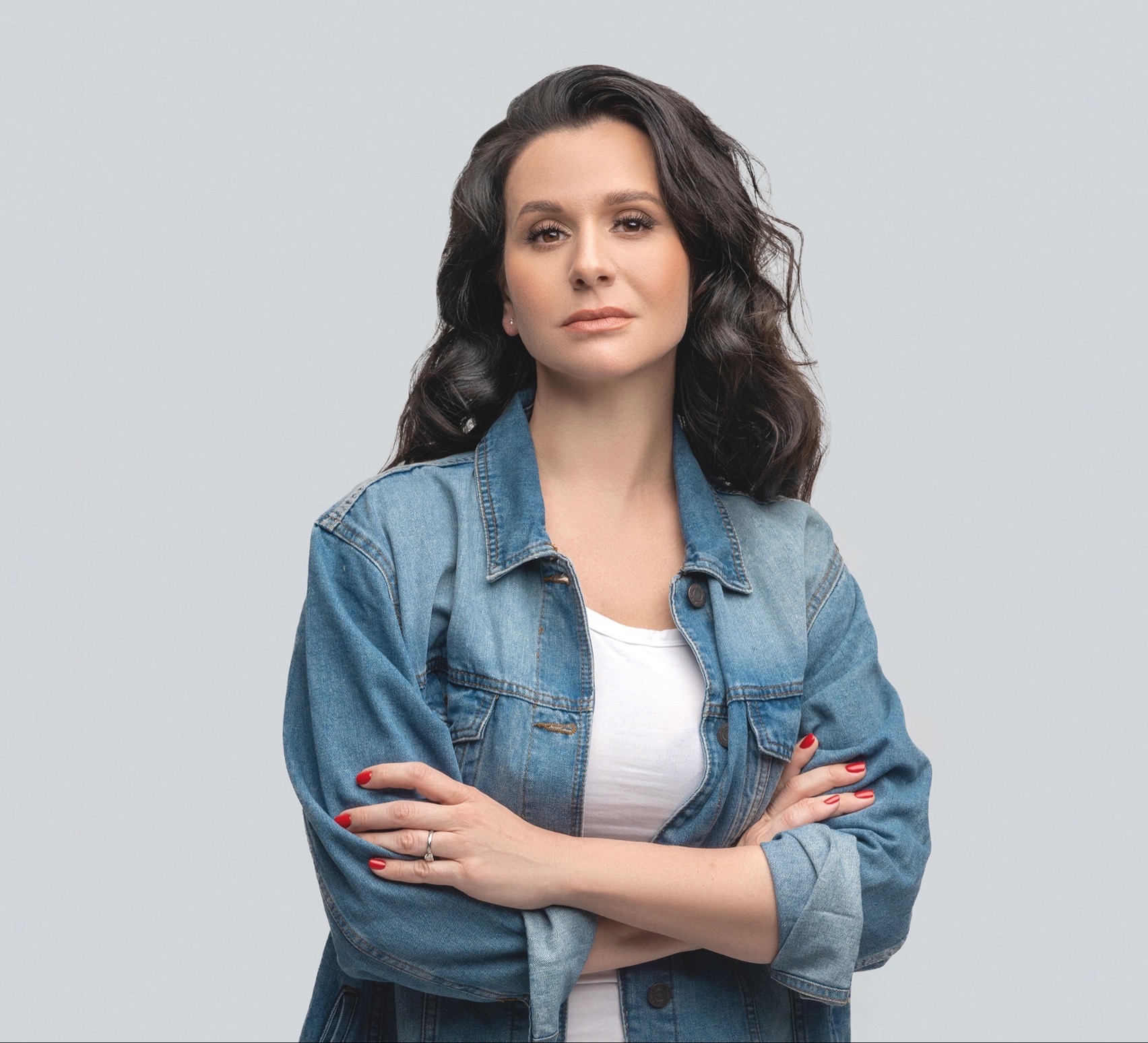










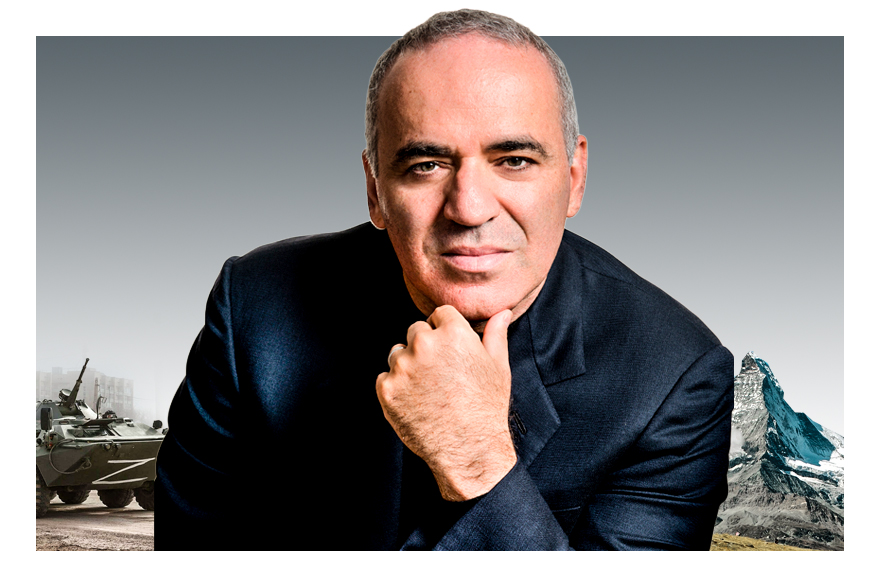

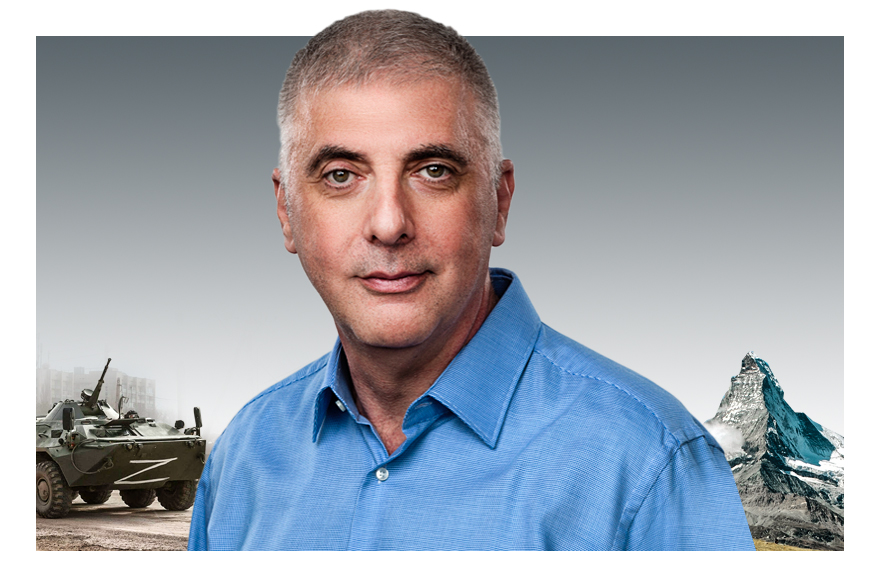
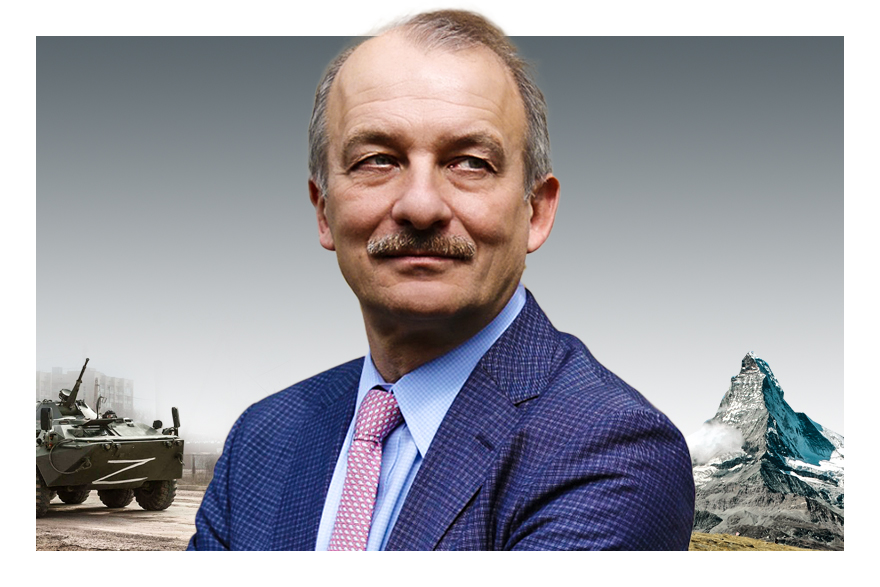
You can find an overview of ongoing debates with our journalists here . Please join us!
If you want to start a conversation about a topic raised in this article or want to report factual errors, email us at english@swissinfo.ch.